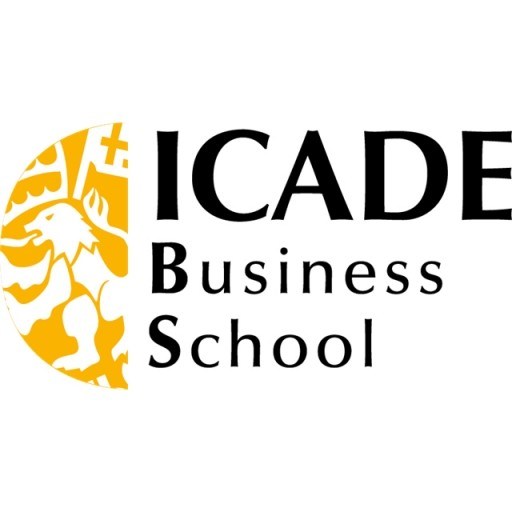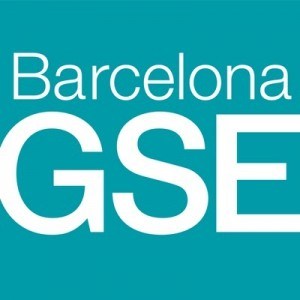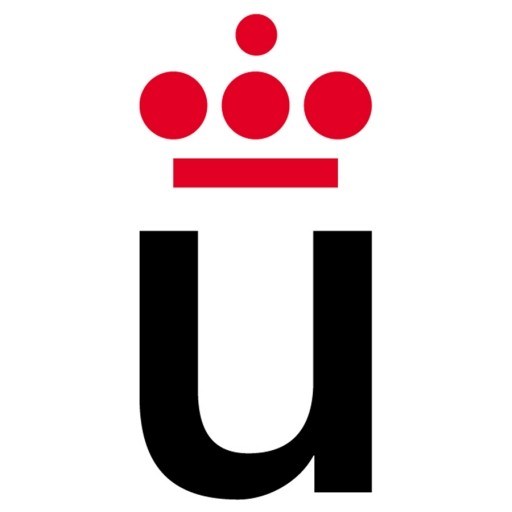Photos of university / #ucomillas
Erasmus Mundus in Economics and Management of Network Industries is a prestigious international master's program offered by Comillas Pontifical University, designed to prepare students for leadership roles in the rapidly evolving sectors of energy, transportation, telecommunications, and other infrastructure-based industries. This highly interdisciplinary program combines advanced economic analysis, management strategies, and policy-making skills to address the unique challenges faced by network industries today. Throughout the course, students gain comprehensive knowledge of regulation, market dynamics, innovation, and technological change, enabling them to develop effective solutions in complex operational environments. The program is delivered through a consortium of leading European universities, providing students with an enriching multicultural learning experience and access to a broad network of industry professionals and academics. Emphasizing both theoretical understanding and practical application, the curriculum includes case studies, internships, and group projects that foster critical thinking, teamwork, and real-world problem solving. Graduates of this program are well-equipped to pursue careers in consultancy, policy development, regulatory agencies, and managerial positions within various network industries. The program also offers opportunities for mobility across different European universities, allowing students to immerse themselves in diverse academic environments and cultural settings. Recognized by Erasmus Mundus, this master's program benefits from extensive funding, high-quality teaching staff, and partnerships with industry stakeholders, ensuring that graduates meet the highest standards of professional excellence. With a focus on sustainability, innovation, and digital transformation, the Erasmus Mundus in Economics and Management of Network Industries provides an ideal platform for those looking to make a significant impact in sectors critical to economic development and societal well-being.
The Erasmus Mundus Joint Master Degree in Economics and Management of Network Industries is a highly prestigious and comprehensive graduate program offered in collaboration with leading European universities, including the Comillas Pontifical University. This program is designed to equip students with a deep understanding of the economic and managerial aspects of network industries, such as energy, telecommunications, transport, and water utilities. Throughout the course, students will explore the complex regulatory frameworks, market dynamics, and technological innovations that shape these vital sectors in today's interconnected world.
The curriculum combines rigorous academic coursework with practical case studies, field visits, and internships, allowing students to apply theoretical principles to real-world challenges. Key topics include competition policy, pricing strategies, infrastructure investment, environmental sustainability, and digital transformation within network industries. Participants will develop analytical skills necessary to assess market performance, design regulatory policies, and innovate managerial solutions that promote efficiency and sustainability.
The program emphasizes international exposure and interdisciplinary learning, with modules taught across multiple universities and cultural environments. Students will benefit from seminars led by industry experts, opportunities for collaborative projects with companies, and interactions with policymakers. The diverse student body, comprising participants from various countries, fosters a dynamic learning environment that enhances cross-cultural understanding and global networking.
Graduates of this program will be prepared for careers in consultancy, regulatory agencies, management roles within network industry firms, and research institutions. The program also offers pathways for doctoral studies in related fields. Upon completion, students receive a double degree recognized across Europe, along with the skills and knowledge to contribute effectively to the evolving landscape of network industries, driving innovation, regulation, and sustainable growth. This program represents an exceptional opportunity for aspiring professionals seeking to impact critical infrastructural sectors on an international scale.
The Erasmus Mundus Joint Master Degree in Economics and Management of Network Industries requires applicants to meet specific academic and professional prerequisites to ensure their suitability for the program. Candidates must hold a bachelor’s degree or equivalent, preferably in economics, management, engineering, or related fields, demonstrating strong analytical and quantitative skills. Applicants are expected to provide official transcripts that showcase their academic performance, emphasizing coursework relevant to network industries, such as economic theory, management principles, and technical subjects within telecommunications, energy, transportation, or digital infrastructure sectors. Additionally, proficiency in English must be demonstrated through standardized tests such as TOEFL or IELTS, with minimum score requirements established by the university. Relevant work experience or internships in network industries can be considered as supplementary assets, although they are not mandatory. Limitations on age are generally not specified, but candidates should exhibit a clear motivation and capacity for advanced interdisciplinary studies. The program particularly values diversity in academic and professional backgrounds, fostering a collaborative learning environment. Applicants are also advised to submit a statement of motivation outlining their interest in network industries and how the Erasmus Mundus program aligns with their career objectives. References or recommendation letters from academic or professional referees may be requested for selected candidates. The application process involves submitting the complete application form, standardized test scores, academic transcripts, CV, a motivation letter, and possibly other documentation such as identity proof or language certificates. Successful applicants are those who demonstrate academic excellence, relevant background knowledge, motivation for specialization in network industries, and a competitive profile aligned with the program's objectives.
The Erasmus Mundus joint master program in Economics and Management of Network Industries offers a comprehensive financing scheme designed to support both European and non-European students. The program benefits from various funding opportunities provided by the Erasmus Mundus initiative, which aims to promote academic excellence and international cooperation in higher education. Selected students may receive Erasmus Mundus scholarships, covering tuition fees, travel costs, monthly stipends, and insurance. These scholarships are highly competitive and are awarded based on academic merit, motivation, and other criteria, such as geographic origin to promote diversity. In addition to Erasmus Mundus scholarships, students may find funding through national grants, university-specific awards, and external scholarships from governmental or private organizations. The university encourages applicants to seek external funding sources in parallel to Erasmus Mundus opportunities and provides guidance on scholarship applications. Tuition fees vary depending on the student's domicile; non-European students might pay higher fees, although scholarship coverage can offset these. Students enrolled in the program are also responsible for their living expenses, which vary by country and city where the program is hosted. The financing options aim to make the program accessible to talented students from diverse backgrounds by alleviating financial barriers. Overall, the program's funding structure combines Erasmus Mundus grants, university support, and external scholarships to ensure sustainable participation and academic success for its students, reflecting the program’s commitment to fostering international academic mobility and excellence in the field of network industries management.
The Erasmus Mundus Joint Master Degree in Economics and Management of Network Industries is a prestigious international program offered by a consortium of leading universities, including Comillas Pontifical University. This master's program is designed to provide students with a comprehensive understanding of the economic and managerial aspects of network industries, which include sectors such as transport, energy, telecommunications, and water utilities. The program aims to equip graduates with the analytical tools and practical skills necessary for tackling the complex challenges faced by these industries in a globalized economy. Students benefit from a multidisciplinary curriculum that combines economics, engineering, law, and management, delivered through a mix of lectures, case studies, and project work. The program emphasizes international exposure, cultural diversity, and collaborative learning, as students participate in mobility periods across different partner institutions in Europe and beyond. The Erasmus Mundus scholarship offers financial support covering tuition fees, travel, and living costs, making this an accessible opportunity for talented students worldwide. Graduates of this program are well-prepared for careers in policy-making, consultancy, industry management, and research, contributing to sustainable and efficient network industries. The program encourages active engagement with industry stakeholders and policy bodies through internships and seminars, fostering a practical understanding of sector-specific issues. Comillas Pontifical University supports this program with its strong academic reputation and extensive network of industry contacts. This degree not only enhances professional prospects but also promotes academic excellence and cultural exchange, aligning with the broader goals of the Erasmus Mundus initiative to foster European higher education cooperation and international collaboration. Overall, the program offers a unique and rewarding educational experience for students interested in the strategic development and management of critical network sectors within a European and global context.





